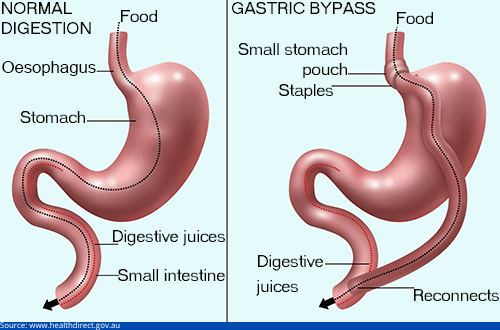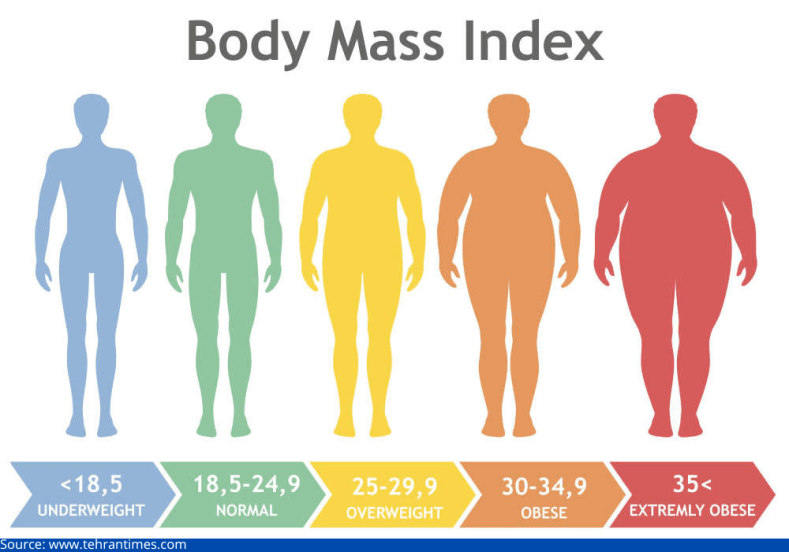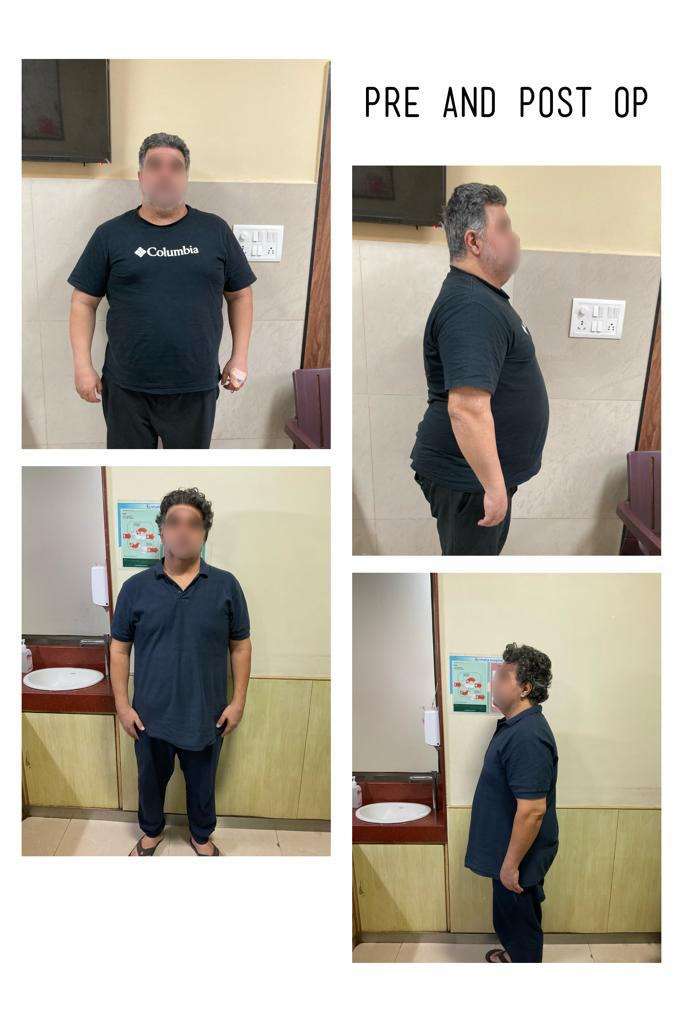If you are considering bariatric surgery, you are not alone. Obesity continues to be one of the most pressing health issues globally, affecting not only wealthy nations but also more and more low and middle-income nations.
Dr. Harsh Sheth, among the best bariatric surgeons in Mumbai, cautions that being overweight or obese can make you feel emotionally distressed and raise your risk of contracting other illnesses like diabetes, stroke, heart disease, etc., and several cancers.
Two billion adults globally are thought to be overweight at the moment. In a 2021 survey of individuals from 30 countries, obesity stood 5th when it came to the top health issues confronting their nation, trailing COVID-19, cancer, psychological health, and stress.
The eminent bariatric and laparoscopic surgeon, Dr. Harsh Sheth, says bariatric surgery can be an effective way to lose weight and improve your health, but it is not a decision to be made lightly.
This blog will explore the various types of bariatric surgery and help you decide if it is right for you.
What are the various weight loss surgeries? There are many types of weight loss surgery (WLS) available, including:
Gastric Bypass Surgery

The most common type of WLS is gastric bypass surgery, which involves creating a small stomach pouch and bypassing a portion of the small intestine. This type of surgery is most effective for people who are significantly overweight and have not been able to lose weight through diet and exercise alone.
Gastric Sleeve Surgery
Another common type of WLS is gastric sleeve surgery, which involves removing a portion of the stomach. This type of surgery is less invasive than gastric bypass surgery and can be an option for people who are not as overweight.
Gastric Band Surgery
Gastric band surgery involves placing a band around the upper area of the stomach to create a small stomach pouch. This surgery is the least invasive and can be an option for people who are not significantly overweight.
Laparoscopic Duodenojejunal Bypass
The bariatric specialist conducts a sleeve gastrectomy during this procedure. Almost 2/3 of the stomach is taken out after bypassing the upper 40 – 60 inches of the small intestine. The new smaller stomach is shaped into a loop and connected with the duodenum, the first segment of your small intestine.
Single Anastomosis Duodenal-Ileal Bypass (SADI)

SADI is a highly effective revisional treatment after a failed sleeve gastrectomy or other unsuccessful bariatric procedures. In this procedure, the surgeon bypasses the entire part of the small intestine leaving only 78 – 98 inches for nutrient absorption.
If you are seeking bariatric surgery in Mumbai, it is essential to speak with a highly-qualified surgeon like Dr. Harsh Sheth to discuss the risks and benefits and if you are a good candidate for it.
Who is a good candidate for bariatric surgery?
Weight loss surgery is not suitable for everyone. Specific criteria must be met in order to be a candidate for weight loss surgery.

- First, you must be significantly overweight, with a body mass index (BMI) of 32.5 or higher
- You must also have failed to lose weight through diet and exercise.
- Additionally, you must have a serious weight-related health problem, such as type 2 diabetes, sleep apnea, or high blood pressure, especially if your BMI is between 32.5 and 37.5
If you meet these criteria, weight loss surgery may be an option for you.
But it is important to remember, says Dr. Harsh Sheth, one of the preferred surgeons for weight loss surgery in Mumbai, that this is a serious decision and it is not a quick fix.
You will need to commit to lifestyle changes, such as eating a healthy diet and exercising regularly, to lose weight and keep it off.
What are the benefits of weight loss surgery?
There are many benefits of weight loss surgery.
- One of the most common benefits is an improvement in overall health. Individuals carrying around excess weight are more likely to suffer from health problems such as diabetes, high blood pressure, sleep apnea, and joint pain. Weight loss surgery can help to improve or resolve these health issues.
- Reduced weight will slowly improve your sleep apnea and reduce your joint pain as your body will not have to carry all that excess weight around. This means you will have relief from joint pain, as well as enjoy better sleep which will improve with time.
- Another benefit is that after the surgery, your requirement to take medications for conditions like asthma, diabetes, etc., will gradually reduce as your condition improves. Your health will be assessed and monitored periodically. Once your doctor sees an improvement, they will either reduce the medication or may even tell you to stop taking them altogether in case of high blood pressure or diabetes.
- Additionally, weight loss surgery can lead to a significant improvement in quality of life. Many individuals who are struggling with their weight feel embarrassment, shame, and low self-esteem. They may avoid social situations and have difficulty participating in activities they once enjoyed. But once their weight problems are taken care of, they will begin to enjoy their life once again.
Dr. Harsh Sheth, an accomplished laparoscopic surgeon in Mumbai, says that after surgery, many patients report feeling better about themselves, enjoying increased energy levels, and being able to do more of the things they love.
Conclusion

There are many health risks associated with obesity, including physical, mental, and emotional health problems. One of the most significant health risks associated with obesity is mental health problems. Obesity can also lead to social isolation and poor self-esteem. Obese individuals are often stigmatized and discriminated against. This can lead to social isolation and poor self-esteem.
Weight loss surgery can be an effective tool for long-term weight management. Although it is not a “quick fix,” surgery can jumpstart your weight loss process and help you develop healthier habits that can lead to sustainable results. With proper support and follow-up care, weight loss surgery can help you achieve your goals and improve your overall health and well-being.
If you or a loved one is struggling with obesity, please consult with Dr. Harsh Sheth. He is an expert bariatric surgeon in Mumbai who can assess your condition and provide the best suitable treatment option.

